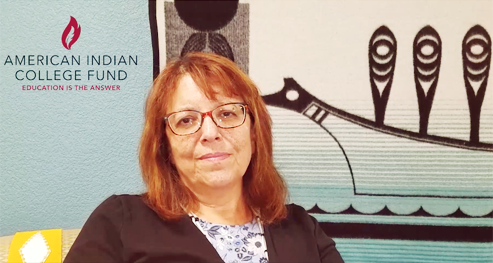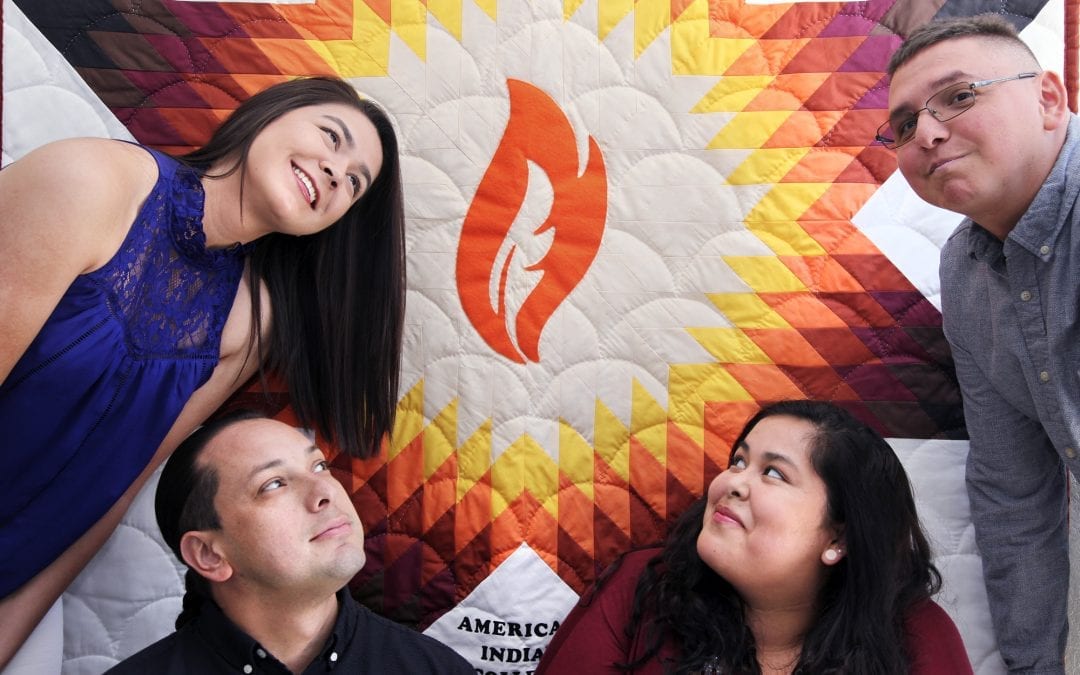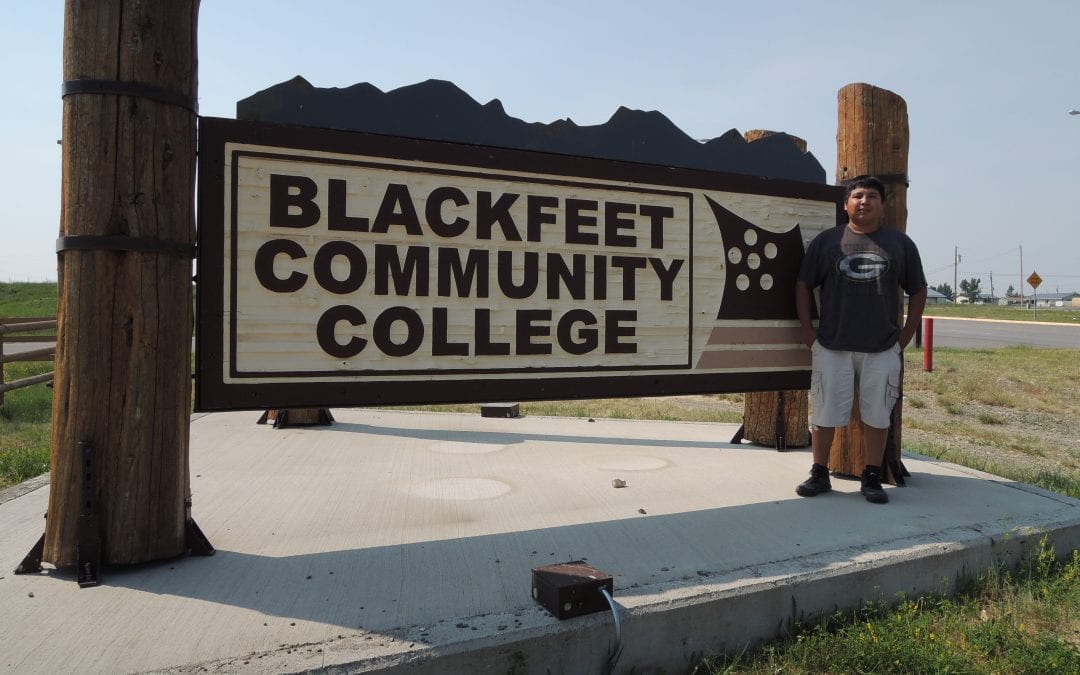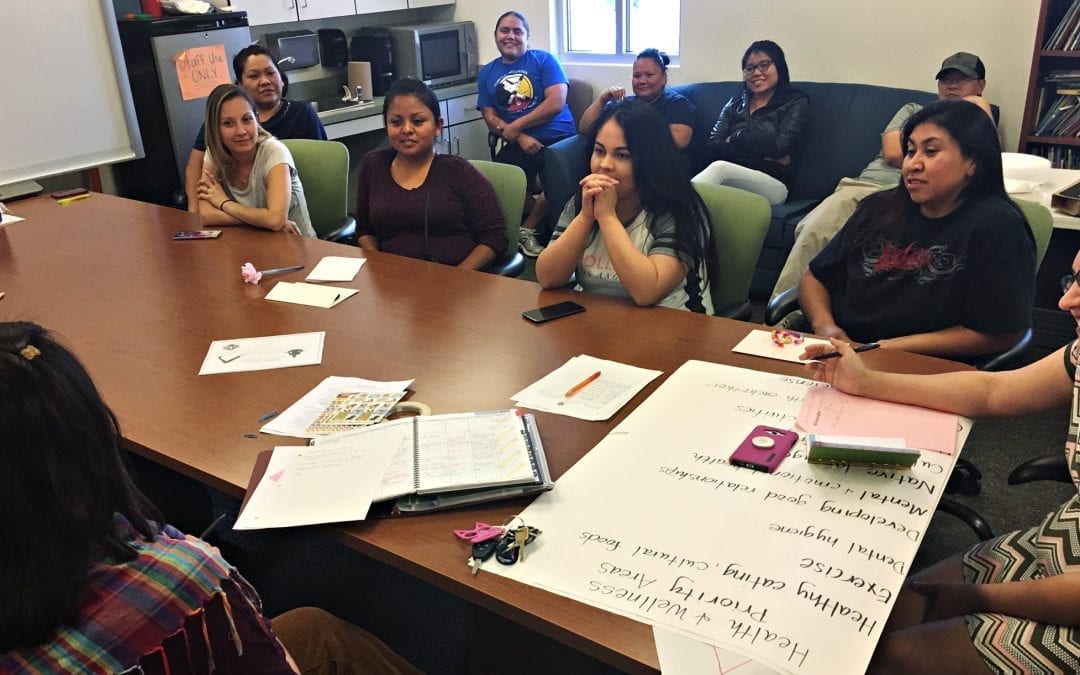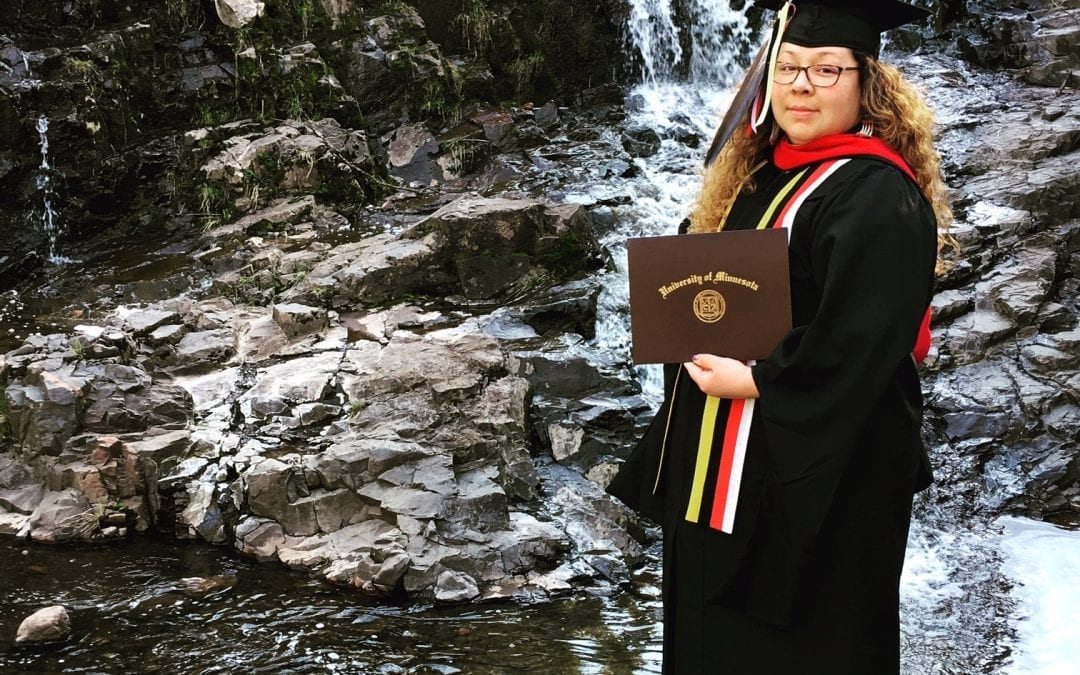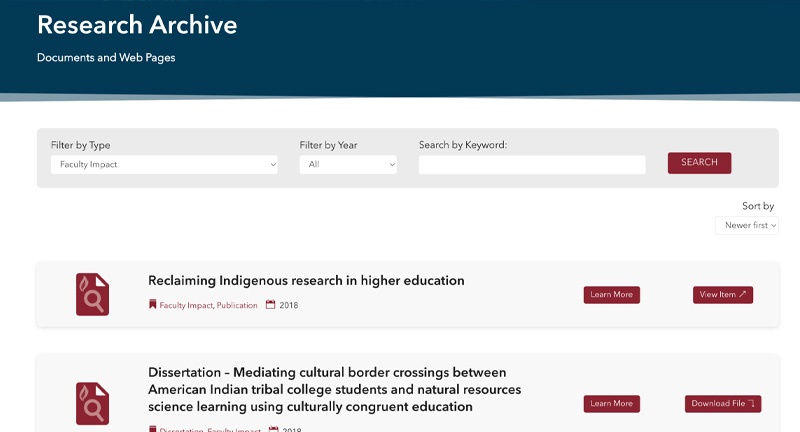Greetings to our friends and supporters. This week I shared a video message on social media for Facebook founder Mark Zuckerberg and his wife Priscilla in the wake of their visit to the Blackfeet Reservation in Montana. In his Facebook post it was clear that the social and economic issues they saw made a powerful impression on them.
